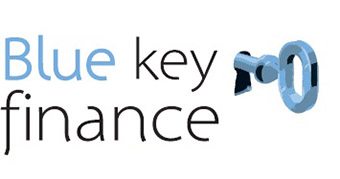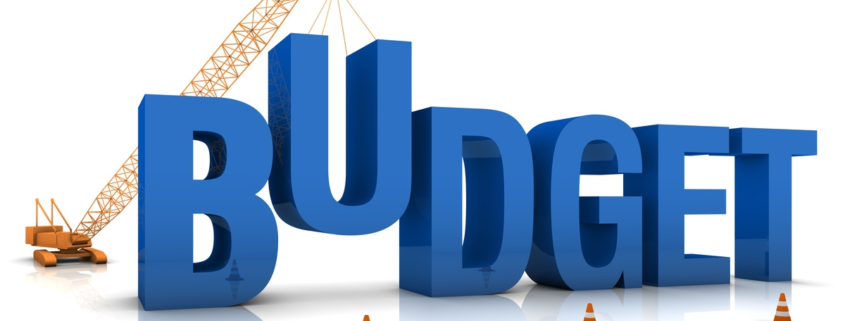How the recent Federal Budget will impact you?
Treasurer Jim Chalmers handed down his Federal Budget for the new financial year over a fortnight ago.
The headline measure in this year’s Federal Budget is one we already knew about – individual tax cuts.
Personal income tax cuts
From July 1, 2024, all 13.6 million taxpayers will get a tax cut, which will flow into their pay packets.
Key features include:
- A cut in the 19% tax rate to 16%, saving $804 for those on taxable incomes of $45,000
- A cut in the 32.5% rate to 30% for incomes between $45,000 and $135,000
- Retaining the 37% rate but increasing the threshold for it to apply to $135,000.
- Retaining the current 45% tax rate but increasing the threshold to $190,000
The tax cuts will put more money into the pockets of taxpayers, especially low and middle income taxpayers, and provide welcome relief from the surging cost of living. For example, people earning $80,000 will get a tax cut of $1,679.
Taxpayers don’t need to do anything to get the tax cut. Employers will automatically adjust the amount of tax they take out of your pay which means you should see an immediate increase in take home pay from July 1, 2024.
Compare your annual net income from 2023/24 to 2024/25 by visiting this website here Income tax calculator – Moneysmart.gov.au
Low Income Tax Offset (unchanged)
No changes were made to the low-income tax offset (LITO) in the 2024-25 Budget. The maximum amount of the LITO is $700.
HECS debt indexation to be reformed
In a welcome move, the government is to reform the indexation of HECS and HELP debts to the lower of the consumer price index (CPI) and the wage price index (WPI).
This move is to be backdated to June 2023, which means that last year’s horror increase of 7.1% will be lowered to the WPI of 3.2%. This will wipe out around $3 billion in student debt from more than three million Australians.
Instant asset write-off extended for another year
The instant asset write-off is to be retained for a further year through to June 30, 2025.
Small businesses, i.e. those with aggregated annual turnover of less than $10 million, will be able to immediately deduct the full cost of eligible assets costing less than $20,000 that are first used or installed ready for use between July 1, 2024, and June 30, 2025. The $20,000 threshold will apply on a per asset basis, so small businesses can instantly write off multiple assets.
Assets valued at $20,000 or more (which cannot be immediately deducted) can be placed into the small business simplified depreciation pool and depreciated at 15% in the first income year and 30% each income year thereafter.
This measure was already in force for the year through to June 30, 2024, and its extension represents a welcome break for small businesses.
Household energy bills
From July, more than ten million households will begin to receive rebates on their energy bills of up to $300 over the year. The government has also allocated $1.8 million over the next four years to support reforms aimed at making switching energy providers easier and helping consumers avoid being automatically rolled on to more expensive plans.
New working parents
Parents of babies that are born or adopted after July 1, 2025, will receive superannuation payments on government-funded paid parental leave. The payments will be made to parents’ super funds on an annual basis, starting from July 1, 2026.
Rental support recipients
The government says that around one million renting households will benefit from greater support as a result of a 10% increase to the maximum rate available through Commonwealth Rent Assistance.
Student nurses, social workers and teachers
From July 2025, student nurses, midwives, social workers and teachers who undertake mandatory placements as part of their studies will be eligible to receive up to $319.50 per week in government support under a new Commonwealth Prac Payments initiative.
Scammers
Though scam losses decline in 2023, scammers remain in the government crosshairs. $67.5 million has been allocated over the next four years to combat scams and online fraud. As part of this, the ACCC will receive $6.3 million next year to continue to promote public awareness around scams.




Leave a Reply
Want to join the discussion?Feel free to contribute!